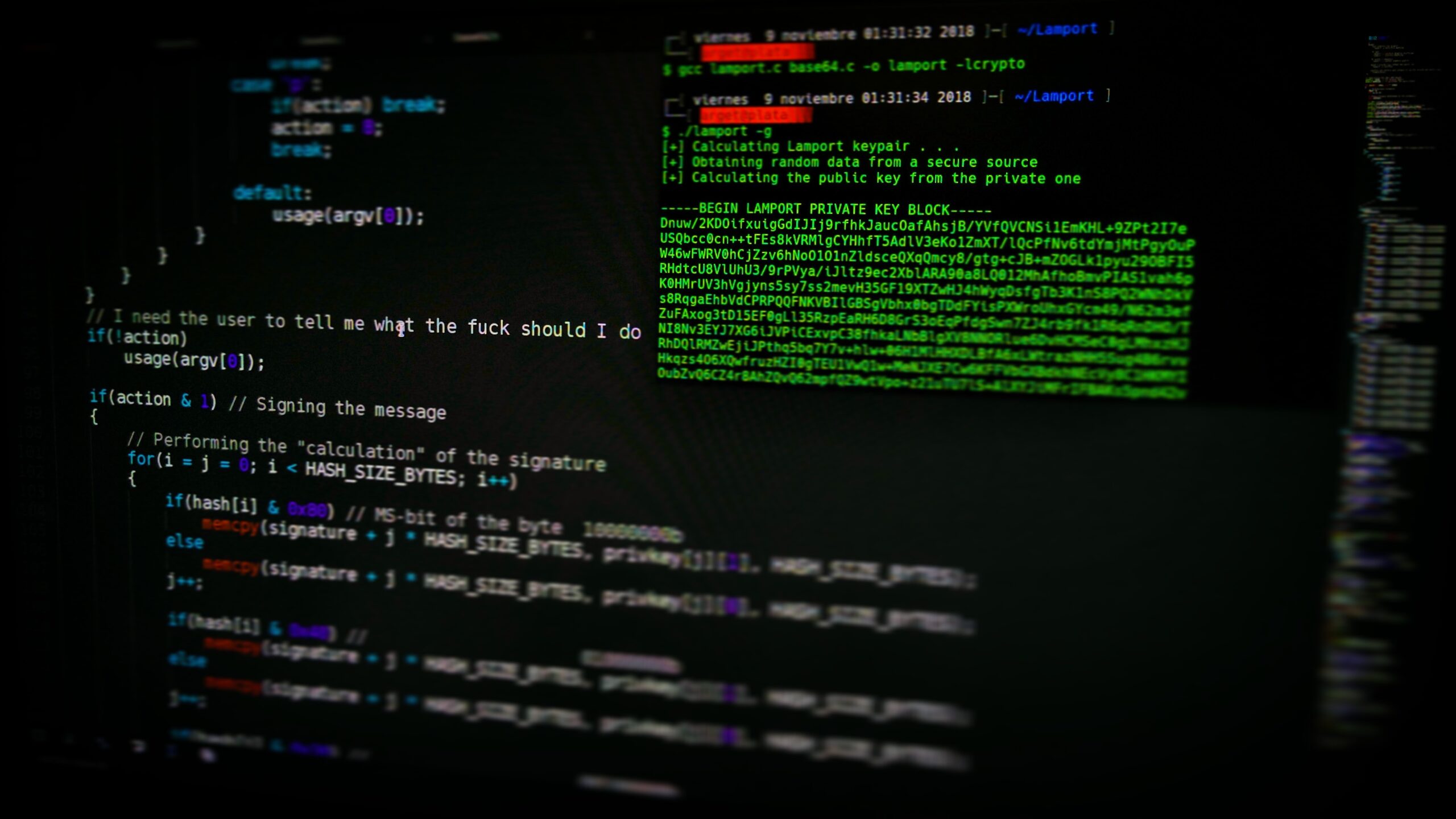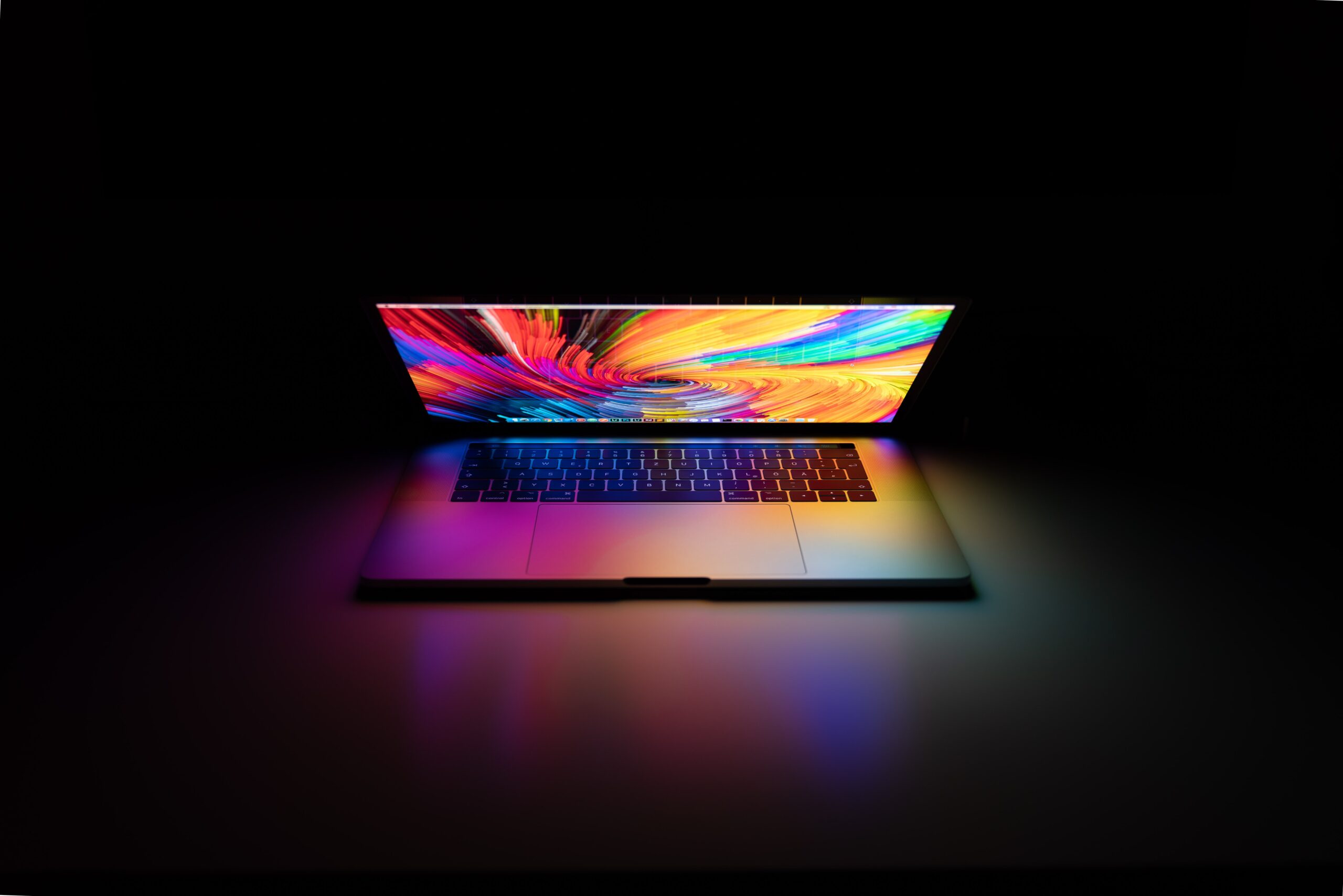In 2016, Facebook CEO Mark Zuckerberg placed a photograph of himself on Facebook that celebrated and thanked the growing numbers of users on Instagram, which Facebook owns. The photograph received a huge amount of attention, not for the 500 million-user milestone Instagram had reached, but because of Zuckerberg’s laptop, which could clearly be seen in the background.
The laptop, someone on Twitter pointed out, had its camera covered over with tape. This sparked conversations in publications as influential as The New York Times as to why: “Was this paranoia,” The New York Times asked, “or just good practice?”
The dangers
Even then, Zuckerberg’s camera-covering antics were nothing new, especially to people who have long been aware of the dangers of the internet, including the security issue of webcam hacking, or camfecting. Camfecting – a combination of ‘camera’ and ‘infecting’ – is when someone attempts to access and activate your computer’s webcam without your permission or knowledge. This usually takes place when you install a seemingly ordinary application that has hidden camfecter malware inside it.
Once you’ve unknowingly installed the camfecter software, your camera can be controlled remotely by hackers. They can watch anything from the camera’s perspective, including observing you as you go about your business, and can record photographs and videos. Alarmingly, all of this can be done without the camera light turning on at all. The risks range from voyeurism to blackmail.
Also in 2016, the former Director of the FBI, James Comey, reportedly told students at a college in the United States: “I put a piece of tape over the camera because I saw somebody smarter than I am had a piece of tape over their camera.” Comey’s behaviour, like Zuckerberg’s, points to an overwhelming trend, one not only seen among tech CEOs and high-level government officials – a growing number of people have started to cover up the cameras on their laptops as a critical security measure.
If Facebook and the FBI are doing it, people have started to ask themselves, why aren’t we?
The solutions
The risk of camfecting has become even more serious since Covid-19, when people are depending more on their personal computers – and their webcams – than ever before. For many, barely a day goes by without a call on Zoom, Microsoft Teams or Skype.
A number of solutions are available to help users deal with the risk of camfecting. Software can be installed, and plastic sliders that cover laptop cameras are a common option. These rarely last long, however, and can make computers look tacky. Fortunately, another alternative can be found in the latest flagship notebook of international technology company Huawei.
True to its reputation of pushing the boundaries of innovation, Huawei’s new HUAWEI MateBook X Pro solves this problem outright. The computer has a recessed camera – a camera that sits discreetly on the keyboard, hidden and completely closed until you want to use it. When your video call begins, all you have to do is press it and it will pop up. Once you call is complete, press the camera down and it will close, eliminating the possibility of camfecting.
The previous generation of the HUAWEI MateBook X Pro was the world’s first computer to feature a recessed camera. At its launch, it was well received by both media and consumers, winning high-profile awards from Mashable, TechRadar and AVING Global News Network.
The internet is a dangerous place, and it’s safe to assume that hackers are always looking for ways to violate your privacy. Using every measure possible isn’t paranoia, it turns out, it’s good practice – and using a recessed camera is as good as it gets.

